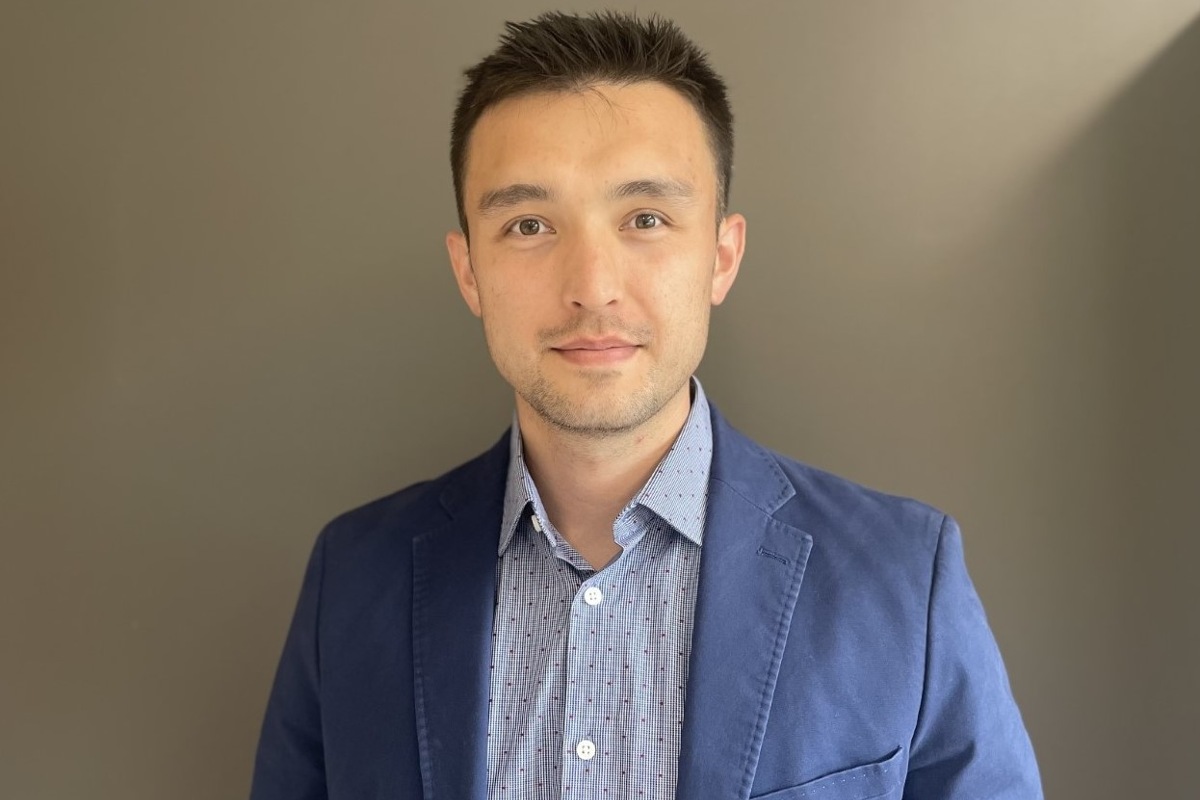Meet Michael Meanwell: Organic chemistry a powerful tool in the development of life-saving medicines
Donna McKinnon - 10 August 2022
Once Michael Meanwell, new assistant professor in the Department of Chemistry, realized the immense impact that organic chemistry could have on society, particularly on the discovery and development of new life-saving medicines, he was hooked. “I knew it was something I could find purpose in doing for a long time,” he says.
Originally from Nanaimo, BC, Meanwell recently completed a Banting Postdoctoral Fellowship at the Scripps Research Institute (La Jolla) in San Diego, and following this was named the inaugural recipient of the University of Alberta Manley and Marian Johnston Professorship in Chemistry which supports an assistant or associate professor whose research focuses on physical organic chemistry. The funding supports the researcher as they develop an innovative and robust research program.
Join us in welcoming Michael Meanwell to the Faculty of Science!
Tell us about your research.
My research program is in the area of organic chemistry. I am interested in the discovery of new reactions that lead to better and more efficient ways for constructing bioactive molecules. In general, such reactions often find their use in drug discovery where they have become powerful tools for the development of new medicines. My team will utilize concepts from materials science, electrocatalysis and photo-redox catalysis for solving synthetic challenges in drug discovery and natural product synthesis.
What inspired you to enter this field?
Organic chemistry is fundamental to the development of new life-saving medicines. Once I realized the immense impact this field has had on society, I knew it was something I could find purpose in doing for a long time.
Tell us about your teaching.
I will be teaching courses focused on organic chemistry at both the graduate and undergraduate levels. Teaching and mentoring are among my favourite parts of my job, and is an area where I seek to constantly improve. I think the best classes are always the ones that actively engage the students in the lecture via short in-class problem solving sessions. This way, students are made to apply what they have just learned. Whether in the classroom or the lab, I believe it is important to cultivate a collaborative learning environment and team problem solving skills to prepare students for a career in science.
What are your impressions of Edmonton/the University of Alberta so far?
I really like it here. Edmonton seems like a wonderful place to live – there are a lot of outdoor activities to partake in and the people are friendly. The university, and especially the chemistry department, is a very collegial place that empowers its faculty and students to solve challenging real-world problems. I feel fortunate to be a part of it.
What are your hobbies, or things you like to do outside of work?
I love playing piano. I studied classical piano up until my mid-twenties and since then it has become a great resource for taking my mind away from the everyday stresses of life. I also like reading (both fiction and non-fiction), running and camping in nature. Most of all though, I enjoy spending time with my wife, my family and my two dogs!
